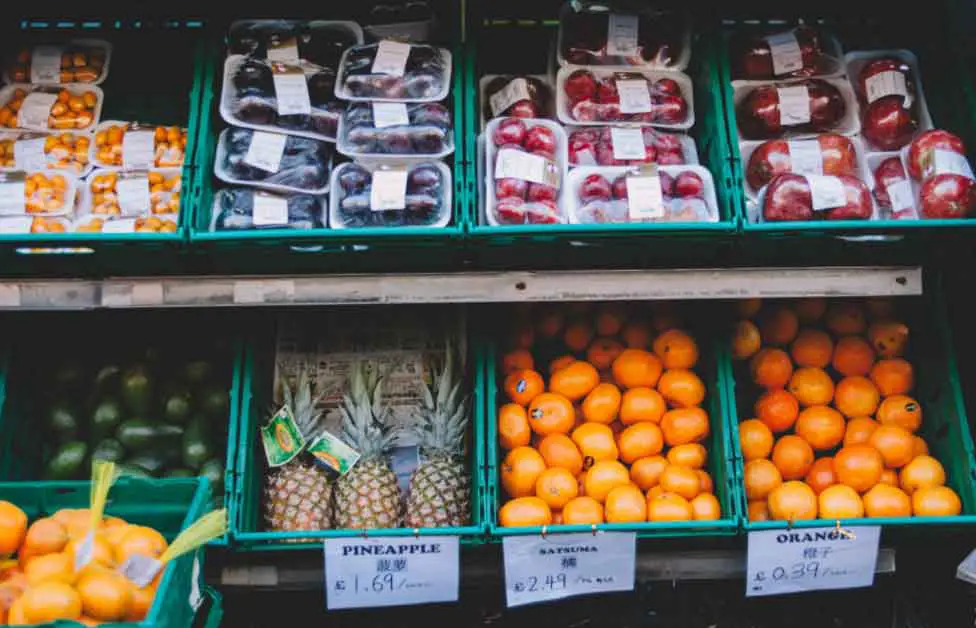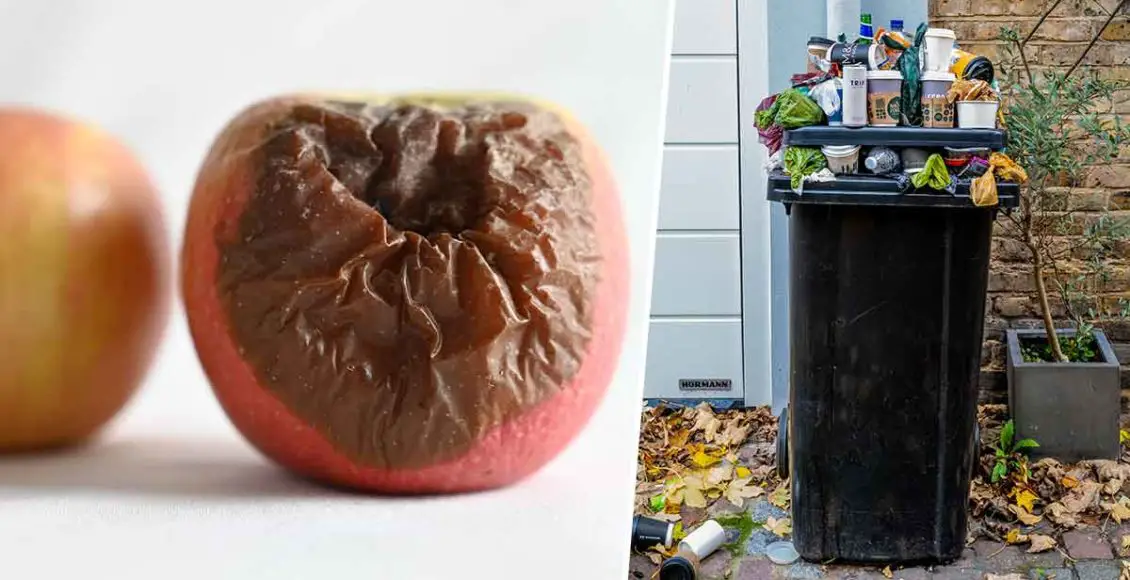Nearly half of the food produced in the US goes to waste.
As per Unilad, it has been estimated that Americans discard more food than any other country in the world. According to a report made by the RTS, nearly 40 million tons of food produced in the US is being wasted every year. In other words, about 30% to 40% of the entire US food supply goes to trash.

Meanwhile, food insecurity already affected 35 million US residents prior to the coronavirus pandemic. The report explains that the number “is expected to increase to as much as 50 million people in 2021 due to the employment drop and financial fallout from the pandemic.”
Moreover, they reveal that 43% of America’s waste comes from households, while 40% comes from restaurants, grocery stores, and food service companies. One of the most distressing issues appears to be that people are not fully comprehending the information on the food labels.
“More than 80 percent of Americans discard perfectly good food because they misunderstand expiration labels.”
Speaking to Vox, Tamar Adler, author of An Everlasting Meal: Cooking with Economy and Grace, commented:
“In the absence of culinary information, people assume that any information they’ve been given must be the most important information.
It’s really hard to imagine you’re supposed to trust your own nose and mouth. Add that to convenience culture and rapacious late-stage capitalism and, well, we’re f*cked.”

Several states are currently taking action to halt the food waste issue.
Several states, including California, Connecticut, Massachusetts, New York, Rhode Island, and Vermont, are proving there is still hope for tackling food insecurity across the US.
For instance, last year, Vermont passed a Universal Recycling Law banning food scrap waste entirely. What’s more, there is pending legislation in California, Colorado, and Massachusetts that would establish programs to fund private-sector composting and organic collection programs.
RTS gives several pieces of advice on how you can help solve the problem:
- Don’t misinterpret expiration labels on food that’s perfectly good to eat.
- Learn how to compost to keep food scraps out of landfills, and the amount of greenhouse gases from rising.
- Freeze food that can’t be eaten immediately, but could be consumed at a later date.
- Share the wealth. Donate food to food pantries or deliver leftovers to people who may need it.
- Plan meals and make deliberate grocery store shopping lists.
How do you contribute to solving the food waste issue? Leave a comment to let us know!



